Earlier today, the BDSG (British Diving Safety Group) COVID-19 team met to discuss the resumption of recreational diving activities – and hurrah, the working group has cautiously welcome a mindful, progressive return to shore diving.
The BDSG was always going to be under pressure to deliver such a decision today after other watersports, including boating, yachting, jet skis, kite-surfing, kayaking, paddle-boarding and so on, had already resumed in the stunning weather over the past several days, which was leaving the diving industry looking a little left out from the crowd.
It is important to note that the guidance – and it is important to remember that this is all this is – revolves around diving in England. When the devolved government advice changes in Northern Ireland, Scotland and Wales, the BDSG will also amend its advice.
The Republic of Ireland had already resumed limited diving activities on Monday 18 May, for example, recreational, non-training shore diving to 12m.
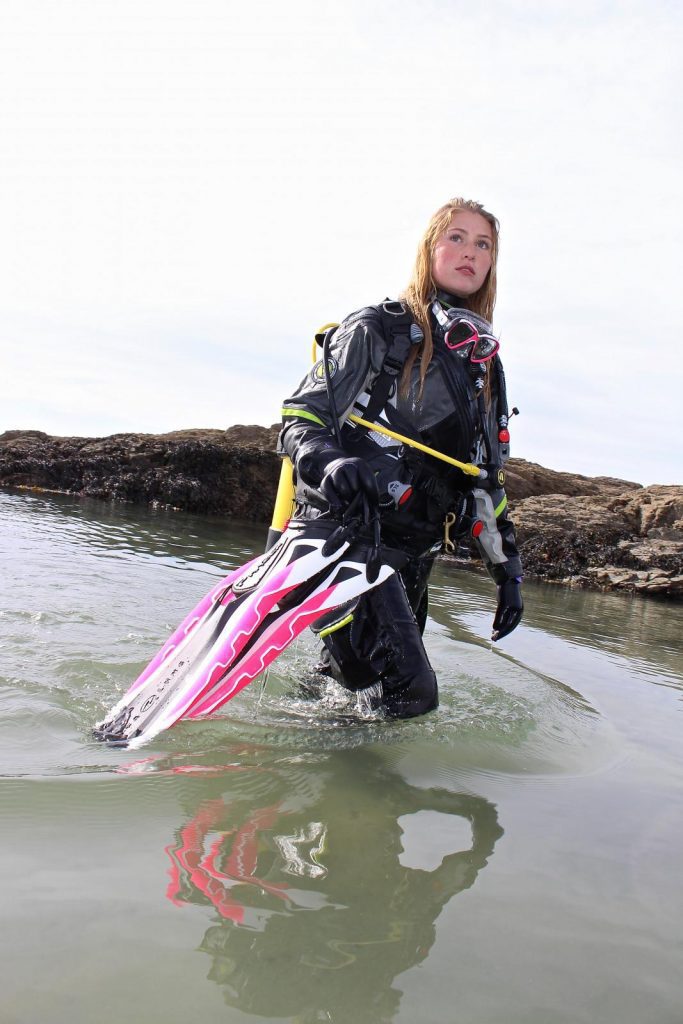
BDSG guidance for diving in England (as of 21 May 2020)
- You must follow the Coronavirus (COVID-19) government guidance for your country at all times.
- You must follow the normal safety protocols recommended by your training organisation, and any special guidance provided by them regarding COVID-19.
- Without any specific guidance on watersports or diving, it is the BDSG’s interpretation that diving is considered as an outdoor activity and as such, shore diving should be practical if done while following points 5 and 6.
- Boat diving will be inherently less practical, but some boat operators may be able to meet these recommendations.
- You can dive with one other person not from your household if you follow the two-metre rule while out of the water.
- You can dive with anyone from your household and there is no need to follow the two-metre rule while out of the water.
- If you have had symptoms or positive testing for COVID-19, consult with a doctor before diving, ideally a doctor specialising in diving medicine, eg UK Diving Medical Committee (www.ukdmc.org). In any event, you should be following self-isolation guidelines relevant for your country if you have tested positive for COVID-19, came into contact with anyone tested positive, or have any symptoms, or suspect that you may have COVID-19.
- We strongly recommend that only experienced and fit divers return to diving at this stage, due to the limited capacity of the emergency services.
- Additional guidance and advice on the possible consequences of COVID-19 for diving is available from DAN Europe (www.daneurope.org ‘COVID-19 and Diving Activities: 10 Safety Recommendations’).
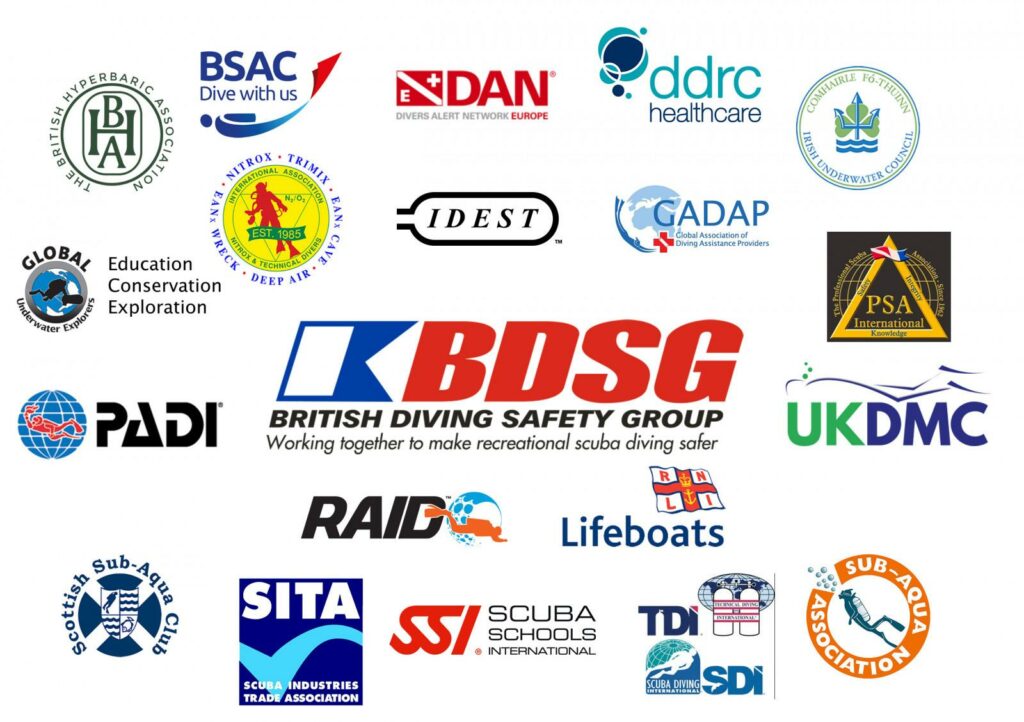
At present, the BDSG COVID-19 working group is meeting on a weekly basis, in order to review guidance as the situation evolves. They suspect that the Scottish government will amend their COVID-19 restrictions on 28 May 2020.
So, get your kit out, give it a good once-over to make sure it is all operating properly, and then get out there with your buddy and go for a safe, shallow, shore dive. Not only is this is a great way to get back in the water after a lay-off of potentially several months (if you didn't dive through the winter), but being underwater in full dive kit is the ultimate form of PPE!
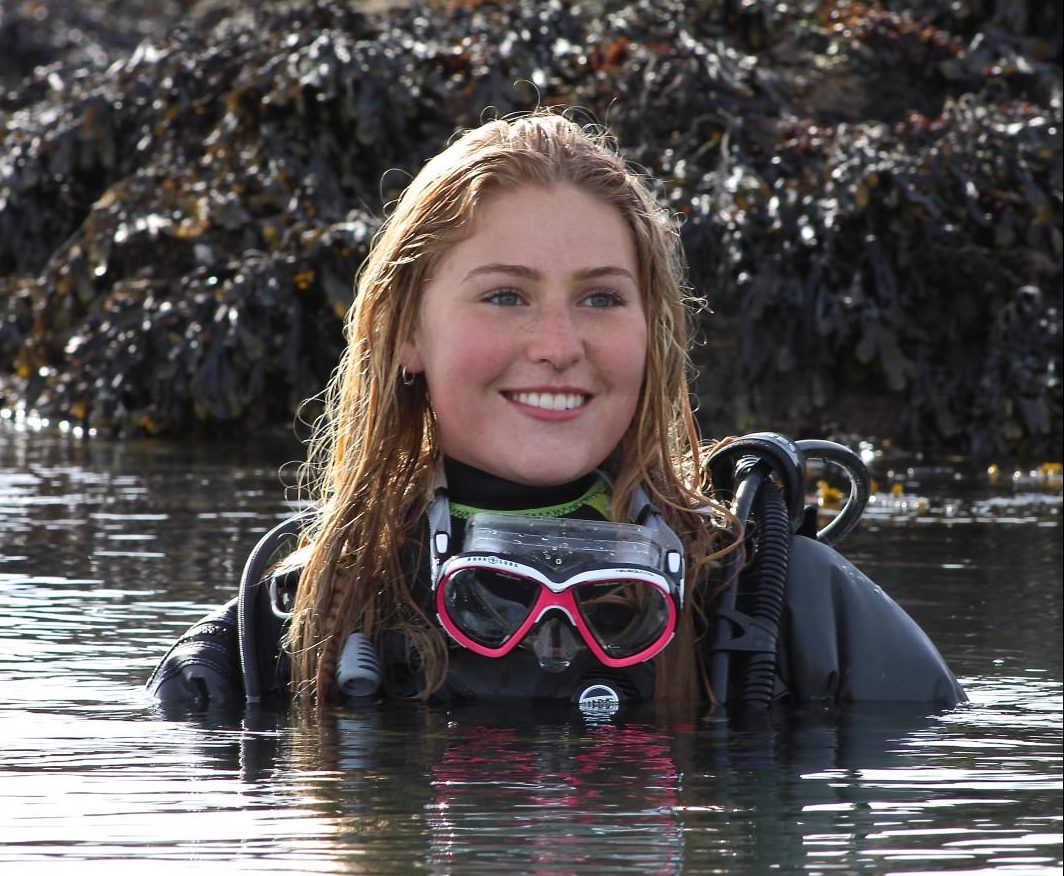



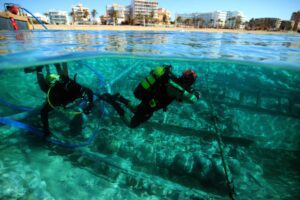

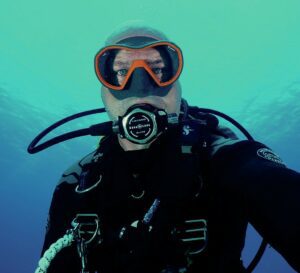


How do we gear up and follow social distancing
Well, many drysuits these days are self-donning, with cross-torso zips, etc, so it would be quite easy to get kitted up and remain socially distanced from your buddy.